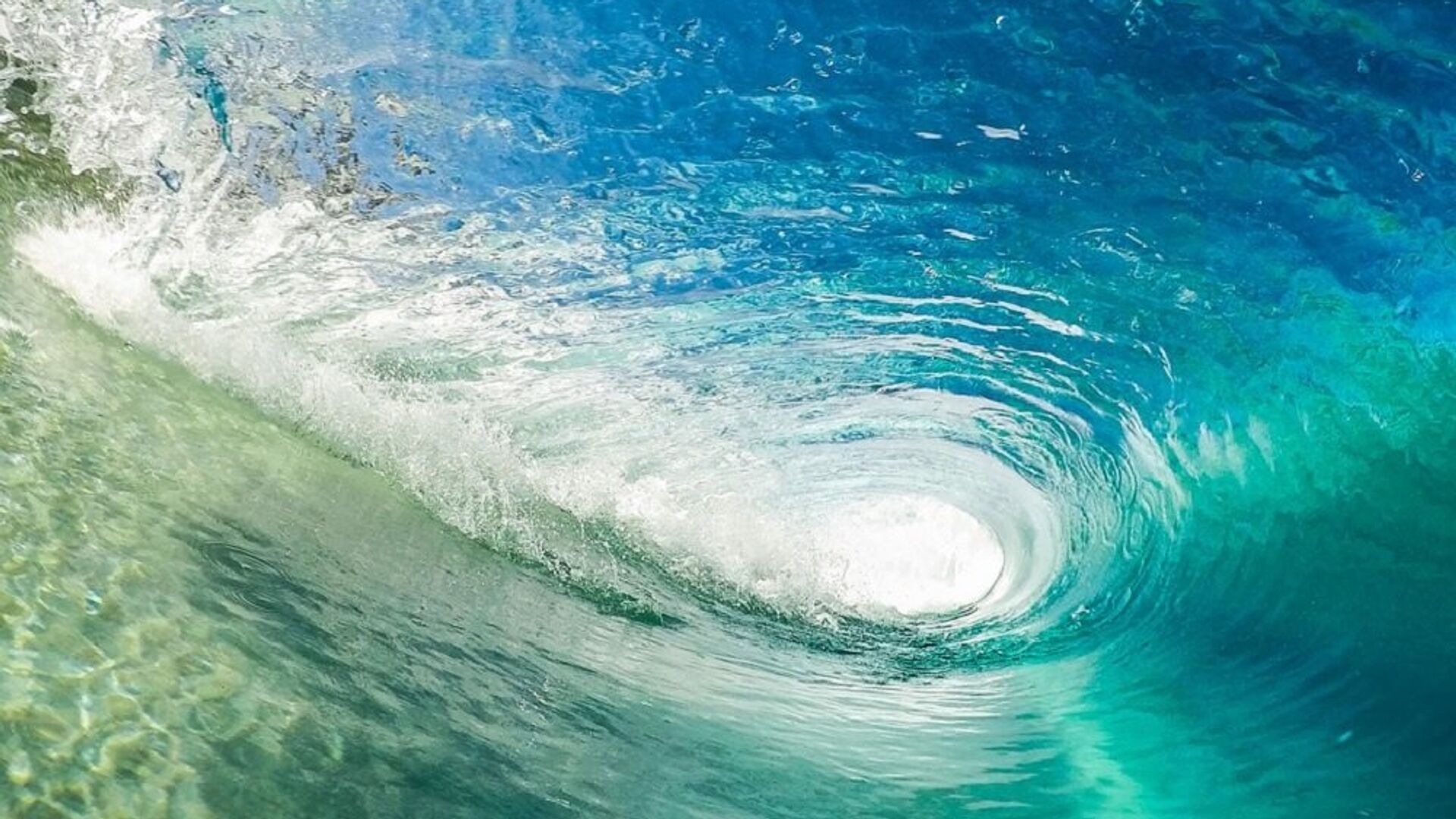https://sputnikglobe.com/20220511/new-study-warns-of-ocean-memory-decline-possible-rise-of-extreme-weather-1095442968.html
New Study Warns of 'Ocean Memory' Decline, Possible Rise of Extreme Weather
New Study Warns of 'Ocean Memory' Decline, Possible Rise of Extreme Weather
Sputnik International
The upcoming changes may increase the frequency of extreme weather in the future and hamper our ability to predict phenomena such as monsoons and marine... 11.05.2022, Sputnik International
2022-05-11T19:00+0000
2022-05-11T19:00+0000
2022-05-11T19:00+0000
science & tech
ocean
memory
changes
study
https://cdn1.img.sputnikglobe.com/img/105996/59/1059965958_0:94:1000:657_1920x0_80_0_0_10bda60ae96463ec87b146354683a18d.jpg
A team of scientists led by Hui Shi, a climate researcher from the Farallon Institute in Petaluma, warns of impending changes in the ocean environment over the coming decades.In their study, the researchers argue that so called "ocean memory, the persistence of ocean conditions", which is a "major source of predictability in the climate system beyond weather time scales", is likely to experience a decline that is "predominantly driven by shoaling of the upper-ocean mixed layer depth in response to global surface warming".The team arrived at these conclusions after investigating sea surface temperatures in the upper-ocean mixed layer, as the shallow top layer of the ocean is known, which "exhibits a lot of persistence over time in terms of thermal inertia", as ScienceAlert put it.This thermal inertia effect, however, is now expected to decline during this century, as the shoaling effect ends up thinning the upper-ocean mixed layer, the scientists postulate.These changes may increase the frequency of extreme weather in the future, and make it harder to predict phenomena such as monsoons, marine heatwaves (MHWs), and periods of extreme weather, the media outlet points out.
https://sputnikglobe.com/20220428/not-only-hotter-but-sicker-scientists-warn-climate-change-will-unleash-new-pandemics-1095133365.html
Sputnik International
feedback@sputniknews.com
+74956456601
MIA „Rossiya Segodnya“
2022
News
en_EN
Sputnik International
feedback@sputniknews.com
+74956456601
MIA „Rossiya Segodnya“
Sputnik International
feedback@sputniknews.com
+74956456601
MIA „Rossiya Segodnya“
science & tech, ocean, memory, changes, study
science & tech, ocean, memory, changes, study
New Study Warns of 'Ocean Memory' Decline, Possible Rise of Extreme Weather
The upcoming changes may increase the frequency of extreme weather in the future and hamper our ability to predict phenomena such as monsoons and marine heatwaves.
A team of scientists led by Hui Shi, a climate researcher from the Farallon Institute in Petaluma, warns of impending changes in the ocean environment over the coming decades.
In their study, the researchers argue that so called "ocean memory, the persistence of ocean conditions", which is a "major source of predictability in the climate system beyond weather time scales", is likely to experience a decline that is "predominantly driven by shoaling of the upper-ocean mixed layer depth in response to global surface warming".
The team arrived at these conclusions after investigating sea surface temperatures in the upper-ocean mixed layer, as the shallow top layer of the ocean is known, which "exhibits a lot of persistence over time in terms of thermal inertia", as ScienceAlert put it.
This thermal inertia effect, however, is now expected to decline during this century, as the shoaling effect ends up thinning the upper-ocean mixed layer, the scientists postulate.
"We discovered this phenomenon by examining the similarity in ocean surface temperature from one year to the next as a simple metric for ocean memory", said Hui.
These changes may increase the frequency of extreme weather in the future, and make it harder to predict phenomena such as monsoons, marine heatwaves (MHWs), and periods of extreme weather, the media outlet points out.
"The projected decline in ocean memory is likely to hinder ocean prediction efforts by reducing the lead times at which SST (sea surface temperatures forecasts), including those for MHWs, are skillful", the researchers suggest.


